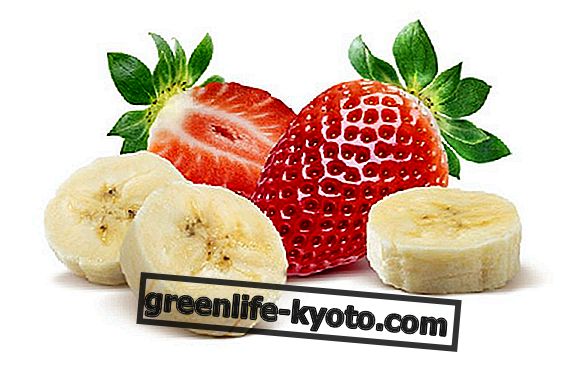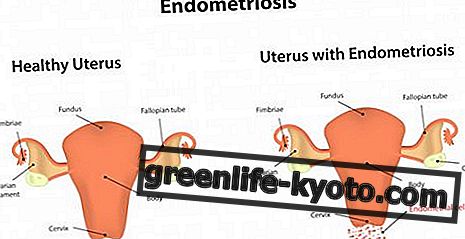
Does the vegetarian diet really do well?
Vegetarians are increasingly in the world and, unlike omnivores, are often more attentive to their well-being: generally, they do not smoke, they do not drink and they are rarely overweight. But is it really all so simple and obvious?
Until now, as highlighted by the scientific journal Plos One, various studies have shown that being a vegetarian is associated in a healthy way with a low incidence of problems related to hypertension, cholesterol, diabetes, stones and certain types of cancer. Despite this, we often hear and read everything and the opposite of everything about the vegetarian diet and this type of food orientation: is it good and protects us from certain diseases or does it concatenate new ones?
Here is a summary of what, over the past few years, has been reported in studies and research.
Vegetarian diet studies
The Austrian-run study by the University of Graz, the Austrian Health Interview Survey, caused a stir, highlighting how Austrian adults who consume a vegetarian diet are less healthy (in terms of their predisposition to cancer, allergies and mental health disorders), have a lower quality of life and even need more medical care .
However, as the authors themselves point out, this is not a definitive and long-term study: instead it is a statistical survey - based in fact on the study and analysis of interviews with people - and not conclusive, a first step that wants to emphasize the need to conduct further in-depth food investigations in the country.
For those who wish to study the matter further, a reading of the Umberto Veronesi Foundation Magazine is further clarification.
Another study published in Molecular Biology and Evolution at Cornell Universitiy in New York suggests that following a long-term vegetarian diet could alter human DNA and make vegetarians more susceptible to heart disease and some cancers over time.
According to the researchers, this phenomenon is due to the fact that the DNA of vegetarians makes them more susceptible to possible inflammation, as it stimulates arachidonic acid, a substance linked to cancer and inflammation.
Vegetarians and diseases
On the other hand, as has been read everywhere recently, the World Health Organization (WHO) and the International Agency for Research on Cancer (IARC) have declared that red meat is "probably carcinogenic to humans".
And, as the Vegetarian Science portal tends to emphasize, the position of the Academy of Nutrition and Dietetics and that " properly planned vegetarian diets, including totally vegetarian or vegan diets, are healthy, nutritionally adequate and can bring health benefits in prevention and treatment of some diseases. These diets are suitable in all stages of the life cycle, including pregnancy, breastfeeding, the first and second childhood, adolescence, adulthood, for the elderly and for athletes . "
So where is the truth ? Depending on the individual case, state of health, pathologies, it can be concluded that, as often happens, the right is in the middle and that scientific research continues and goes ahead denying itself. As is obvious, exaggerations and radical "at all costs" positions can be detrimental to health.













